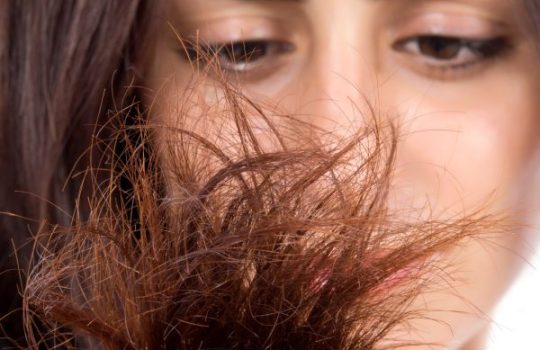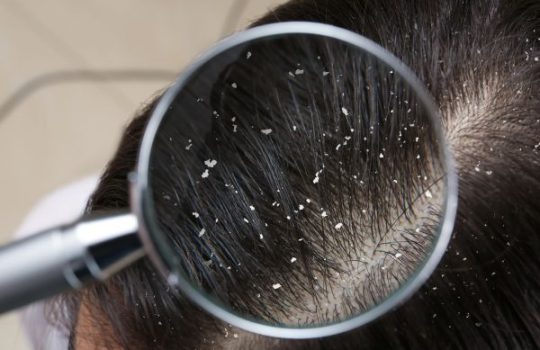Trichology: your ally against hair loss
Have you ever heard of trichology or trichologist? Yes, but you don't really know what it is? This article is made for you ! We explain in detail the fascinating world of trichology to help you understand its importance and guide you in choosing the right professional for your hair care. Let's go !
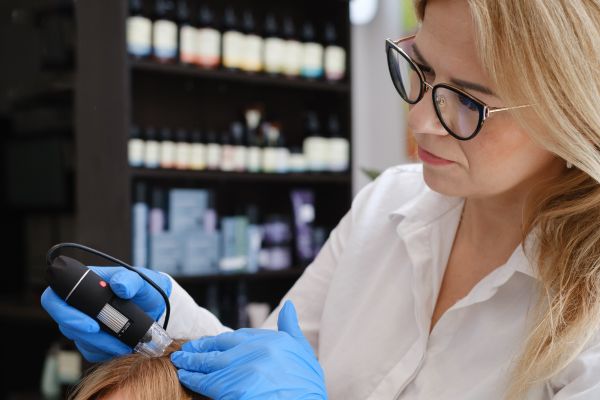
What is trichology?
Trichology, a specialized branch of dermatology, is a science dedicated to the study of hair and scalp. It is an area that has its roots in the Greek word “trichos”, meaning hair. Since the 19th century, trichology has been recognized as a distinct discipline, which shows its importance in the medical field.
At the heart of this discipline is the trichologist, a professional dedicated to the study of the structure, functions and diseases of the hair and scalp. It can therefore help you treat many issues, ranging from alopecia to loss of density to problems like dandruff or a scalp that is too dry or too oily.
The role of the trichologist is not limited to the examination and diagnosis of hair conditions. It also extends to recommending appropriate treatment and care. These recommendations can cover a multitude of aspects, such as dietary changes, the introduction of dietary supplements, the use of specific hair care products, and in some cases, referral to other health professionals.
Finally, it is important to emphasize that trichology takes a holistic approach to well-being. Trichologists understand that the health of the hair and scalp is often a mirror of a person's overall health. That's why when making diagnoses, they also take into account factors like diet, lifestyle and stress level.
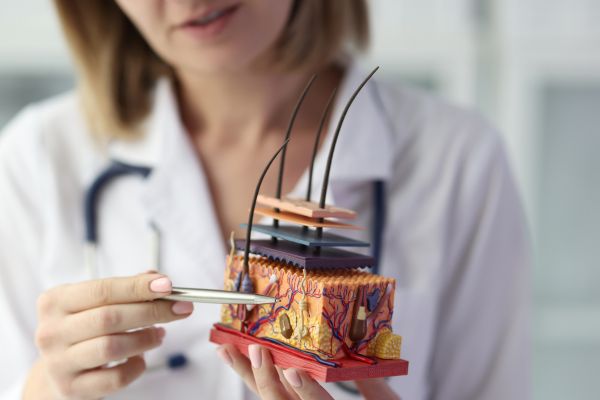
How to become a trichologist?
Trichologists are specialists dedicated to the health of our hair and scalp. Their expertise extends to the detailed understanding of hair biology, allowing them to diagnose and treat several hair conditions.
To reach this level of specialization, trichologists follow a specific educational path. After graduating from high school, they embark on specialized training in trichology. This training includes the study of hair structure, frequently encountered hair disorders and the various treatments available. Once training is completed, it is advisable to obtain certification from a recognized body, such as the Institute of Trichologists
This certification is proof that their competence allows them to practice trichology professionally. In addition to their academic skills, trichologists must be equipped with strong communication and listening skills. Indeed, they work closely with patients, and often have to address issues that can be sensitive, as they affect appearance and self-esteem.

I'm losing my hair: which doctor should I consult?
Hair loss can be linked to a multitude of factors, and among them, stress, malnutrition, hormonal disorders and autoimmune diseases are commonly cited. When hair loss becomes significant or persistent, it is important to consult a professional to determine the exact cause and establish appropriate treatment.
At this point, you may be wondering why see a trichologist rather than another doctor like a GP or dermatologist. The answer lies in the specific expertise of each professional. A GP will have overall knowledge of health and can help identify general problems that could be contributing to hair loss.
A dermatologist, on the other hand, is a specialist in the skin (this includes the scalp). They can diagnose and treat skin conditions, including those that affect the scalp and cause hair loss, such as psoriasis or seborrheic dermatitis.
A trichologist, on the other hand, is a specialist specifically trained to understand, diagnose and treat problems related to the hair and scalp. They have a deep understanding of hair biology and are therefore uniquely placed to treat a multitude of problems such as hair loss.
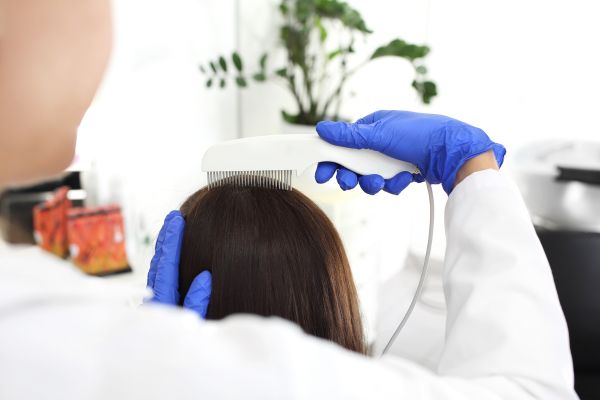
Is it better to consult a trichologist or dermatologist?
The approach of a trichologist and a dermatologist differs due to their different training and specialization. A trichologist can focus more on personalized treatment that takes into account the patient's hair type, lifestyle, and nutrition. A dermatologist, on the other hand, may take a more medical approach, focusing on skin conditions that might be causing hair loss.
There is no “best” choice between a trichologist and a dermatologist. It really depends on your personal situation, the symptoms you have, and what you are looking for in treatment. In some cases, it may even be beneficial to consult both to get a complete visualization of your hair health.


